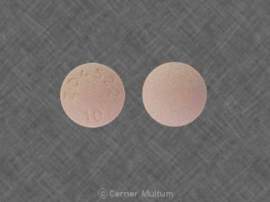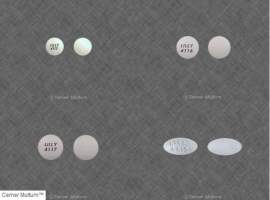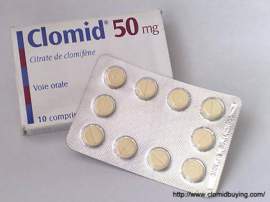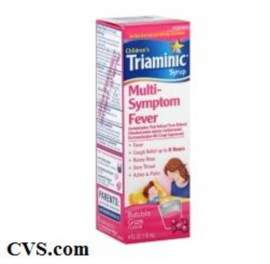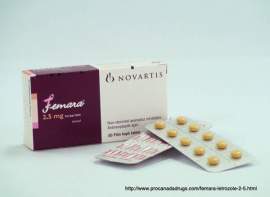
Ephedrine Lawsuit
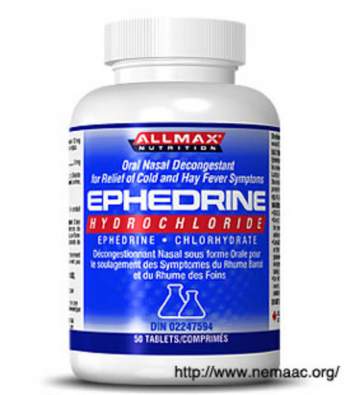
A Brief Guide to Filing an Ephedrine Lawsuit
What is Ephedrine?
Ephedrine, which is no longer available for sale in the United States, is a stimulant, concentration aid, appetite suppressant and decongestant. The bulk of Ephedrine use—when the drug was available for purchase—revolved around weight loss.
The United States Food and Drug Administration, in 2006, banned Ephedrine from U.S. markets because the drug presented an unreasonable risk, including undue stress on the heart.
Ephedrine Side Effects:
Ephedrine side effects ultimately barred the product from U.S. markets. Although Ephedrine side effects, because of its banning may seem trivial, it is still important to understand the risks associated with similar diet drugs.
Common Ephedrine Side Effects include: Headache; dizziness; nervousness; loss of appetite; restlessness; sleeplessness; stomach irritation; tremors.
More severe Ephedrine Side Effects include: The development of rash/hives (allergic reactions; tightness in the chest; difficulty urinating; difficulty breathing.
Severe Ephedrine side effects require immediate medical attention. Although these Ephedrine side effects posed great risk, the FDA-sanctioned removal was initiated because of the drug’s potentially fatal side effects.
Ephedrine is an adrenaline-like stimulant that yielded severe side effects on the heart. In addition to these ephedrine side effects, numerous studies revealed only marginal success with regards to weight loss, sports performance and energy. Therefore, the FDA ruled that ephedrine side effects greatly outweighed the drug’s benefit, thus prompting a removal from the marketplace.
Ephedrine and the FDA:
Since the 1980’s and up until its banning in 2006, Ephedrine (marketed as Ephedra) was a popular weight loss and sports-performance enhancing drug. In 1997, the United States Food and Drug Administration proposed a ruling that would remove all supplements containing 8 mg or more ephedrine from the market. This proposal, which also required stronger warning labels on all Ephedrine-based products, was ultimately withdrawn in 2000. The regulation effort; however, gained momentum in 2001, when Minnesota Vikings football player Korey Stringer, as a result of ephedra use and other factors, suffered a fatal heatstroke.
Following numerous trials and studies of Ephedrine side effects, the FDA issued a consumer alert, advising potential Ephedrine buyers to stay away from the dangerous product. On February 6th of 2004, the FDA issued their ruling to effectively ban the sale of all dietary supplements containing ephedra. This banning; however, was ultimately reversed on April 14th of 2005 when Judge Tena Campbell of the Federal District Court in Utah overturned the FDA ban. Judge Campbell reversed the ban in this Ephedrine lawsuit because the FDA came to their decision based on a risk-benefit analysis, which is deemed inappropriate for supplements under a 1994 law known as the Dietary Supplement Health and Education Act. Moreover, in this Ephedrine lawsuit, the Judge ruled the FDA to lack sufficient evidence to conclude that products with 10 mg or less of ephedrine posed a significant risk to users. As a result of this Ephedrine lawsuit, products with 10 mg or less of Ephedrine were reinstated for sale.
On August 17th of 2006, an Ephedrine lawsuit was brought to the federal appeals court. This Ephedrine lawsuit upheld the ban by overturning the previous ruling that permitted the sale of products containing 10 mg or less of Ephedrine. In this Ephedrine lawsuit, the court ruled that the administrative record compiled by the FDA, which included 19,000 reports of adverse Ephedrine side effects, was sufficient to support the initial ban.
Ephedrine Lawsuits:
Several Ephedrine lawsuits were filed in response to the aforementioned Ephedrine side effects; between 1994 and 1999, more than 30 Ephedrine lawsuits were settled out-of-court by manufacturers and sellers of the drug. The bulk of settlements were notably large, such as the 2001 case that saw a woman collect of 13.3 million dollars for damages related to a stroke. These ephedrine lawsuits were filed by users who suffered severe adverse reactions—one’s that prompted remuneration for pain and suffering, lost wages and medical expenses. Currently, the sellers and manufacturers of ephedra-containing supplements face hundreds of wrongful death and personal injury Ephedrine lawsuits by former users and/or their family members.
Listed below are some prominent Ephedrine Lawsuits:
• In 2003, a California court ruled that an Ephedrine manufacturer pay $12.5 million to users who took the weight-loss supplement.
• The widow of a former user filed a $600 million Ephedrine lawsuit against the maker of the supplement implicated in her husband’s death.
• In 2004, a Texas court in a famous Ephedrine lawsuit awarded a woman $7.4 million against an Ephedrine seller after she suffered severe brain damage from a stroke following use.
Typical issues in Ephedrine lawsuits revolve around claims regarding the sellers’ and/or manufacturers’ misstatements concerning the efficacy and safety of their supplements. In addition to private Ephedrine lawsuits, the USFDA may still file Ephedrine lawsuits against retailers or manufacturers for the sale or creation of Ephedrine-based products—these Ephedrine lawsuits may be initiated in any federal district except the Central District of Utah.
Any individual who used Ephedrine-based supplements, and as a result, suffered a heart attack, stroke or other severe side effect, may file an Ephedrine lawsuit. If you are eligible for Ephedrine lawsuits, you must consult with a toxic tort attorney. Hiring an attorney to facilitate your Ephedrine lawsuit is essential; you must secure representation within your state’s unique statute of limitations.
When choosing a lawyer, you should hire an individual who is experienced with Ephedrine lawsuits. Experienced Ephedrine lawyers will be able to calculate the odds of winning your Ephedrine lawsuit, as well as the suspected amount of compensation you will receive.
After selecting your lawyer, you will need to provide the professional with the following information to bolster your Ephedrine lawsuit:
• The name, ingredients and dosage schedule of the Ephedrine-containing product(s) that caused your injuries/conditions.
• Documented evidence of your ephedrine-related injury. Information must elucidate when the injury occurred and whether you were using the product at that specific time.
Ephedrine lawsuits, without the above information, would not be undertaken by a legal professional.
Sources:
1. FDA Acts to Remove Ephedra-Containing Dietary Supplements From Market retrieved from
http://www.fda.gov/NewsEvents/Newsroom/PressAnnouncements/2004/ucm108379.html
2. "National Center for Complementary and Alternative Medicine Consumer Advisory on ephedra". 2004-10-01
3. FDA Final Rule Banning Dietary Supplements With Ephedrine Alkaloids Becomes Effective. Accessed from FDA website
4. http://www.fda.gov/NewsEvents/Newsroom/PressAnnouncements/ucm282537.htm




